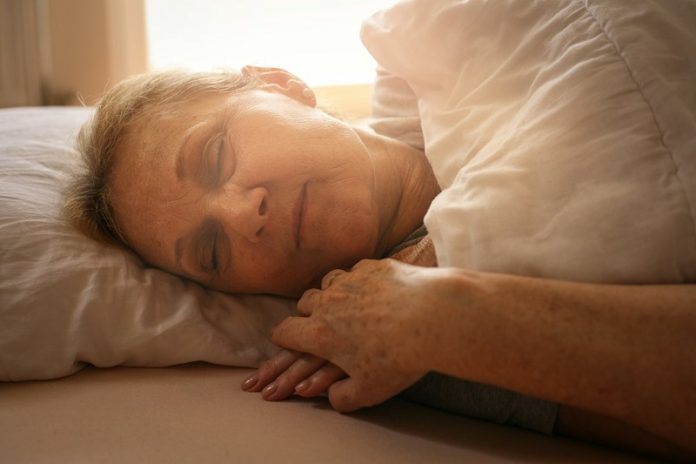
Older adults who struggle with insomnia may face more than just restless nights—they could also be at a much higher risk for depression, especially when their bodies are experiencing inflammation.
A new study from UCLA Health found that people over 60 who have both insomnia and inflammation are three times more likely to develop depressive symptoms than those who sleep well.
This research, published in JAMA Psychiatry, is the first to explore how inflammation and poor sleep work together to increase depression risk in older adults.
It helps explain why depression is so common in this age group and points to new ways to protect mental health in later life.
As we age, our bodies become more prone to chronic inflammation due to changes in the immune system.
This can be made worse by stress, illness, pain, and unhealthy habits. At the same time, about one in ten older adults in the U.S. experiences major depression each year, which can make other health problems—like memory loss, physical disability, and even early death—more likely.
Previous studies have shown that both inflammation and insomnia can each raise the risk of depression. But until now, no one had looked at how these two factors might combine to make the situation worse.
The UCLA study, led by Dr. Michael Irwin, included 160 adults aged 60 and older. Of these, 53 had insomnia and 107 were healthy sleepers. Each group was randomly assigned to receive either a placebo or an inflammatory challenge—a safe, temporary way to increase inflammation in the body so researchers could study its effects.
After this treatment, researchers measured participants’ mood using a standard depression scale and also took blood samples to track inflammation levels.
The results were striking. Among those exposed to inflammation, people with insomnia showed a much greater increase in depressive symptoms—three times higher than healthy sleepers.
Not only did they feel worse, but their low mood also lasted longer—six hours or more—compared to just brief dips in mood among those without sleep problems.
Dr. Irwin explained that insomnia seems to “prime” the immune system, making the body more sensitive to stress and inflammation, which then leads to depressive feelings.
He emphasized that finding ways to reduce inflammation-related depression could improve quality of life for many older adults.
More research is needed to see if these results also apply to younger people or to racially diverse groups, since insomnia and depression are more common in non-white populations. But for now, the message is clear: helping older adults sleep better and manage inflammation could be key to protecting their mental health.
Source: UCLA.



